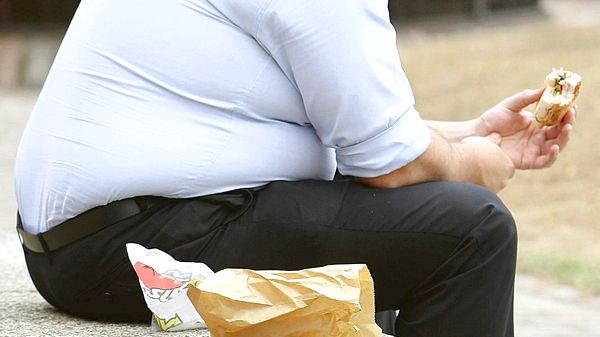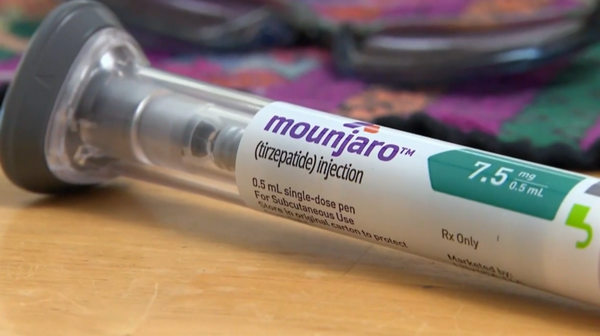
Elon Musk and Kim Kardashian lose weight with the help of "magic" injections. But doctors warn of the dangers of this method
Semaglutide peptide injections, which are gaining popularity, help to lose up to 15% of weight. The drug is approved by the FDA for the treatment of obesity, but it has many side effects.
Semaglutide is an agonist of the glucagon-like peptide GLP-1 receptors, which is involved in the regulation of appetite and carbohydrate metabolism by splitting glucose in the blood.
That is, on the one hand, the drug dulls the feeling of hunger, and on the other — makes the body spend energy faster. In addition, semaglutide has a positive effect on plasma lipids, reduces systolic blood pressure and reduces inflammation.
This substance is approved for use by the U.S. Food and Drug Administration due to its effectiveness in the treatment of obesity. Peptide injections have become popular not only among those who have unconditional indications for its use, but also among bloggers and celebrities. Elon Musk and Kim Kardashian, who have an extensive and loyal audience, have been recognized in its use.
But semaglutide, like all working drugs, has side effects. They can be quite harmless, like a small upset stomach, or more serious, for example: confusion, spontaneous bleeding or fainting. Specialists of the Mayo clinic warn about fifty side effects, after which you should immediately consult a doctor.
In addition to the well-known and described in the annotation, some experts also note rather unusual manifestations. So, a nutritionist talks about cases of the appearance or exacerbation of depression in his patients who lost weight with the help of a peptide.
The probability of occurrence of all these adverse events largely depends on the mode of use of the drug, increasing in case of overdose.
In addition, there are a number of contraindications. Semaglutide and medications based on it are not recommended for type I diabetes mellitus, pregnancy and breastfeeding, severe or terminal liver failure, as well as for some types of acute heart failure.
Those wishing to lose weight with the help of a "magic" injection should understand that tests of its effectiveness were carried out on patients who followed a diet and engaged in physical activity. Without all this, the drug will not work — or it will, but not for long.











